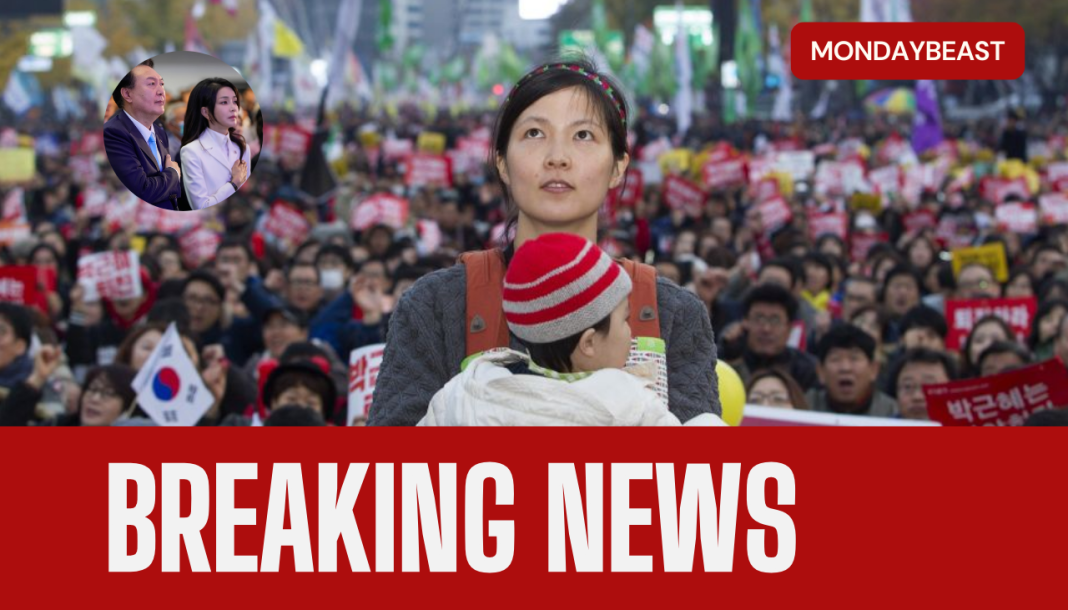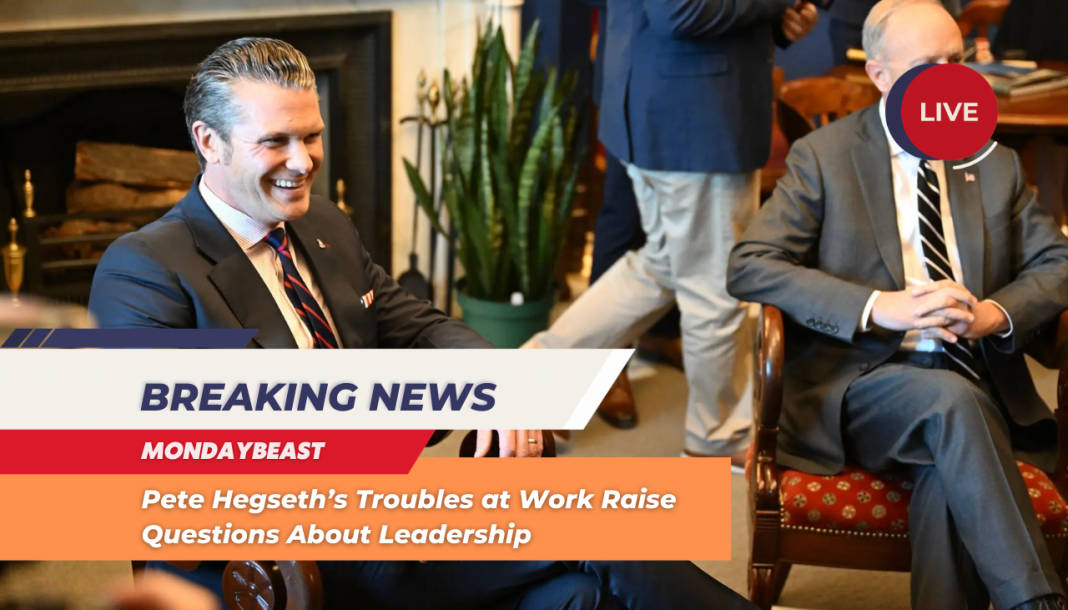South Korea is in turmoil following President Yoon Suk Yeol’s brief declaration of martial law. How can a democratic nation dance to the tune of military control? The declaration, made late one night, shocked citizens and lawmakers alike, only to be swiftly revoked hours later. This swift back and forth isn’t just political theater; it’s a serious threat to the country’s democratic ideals.
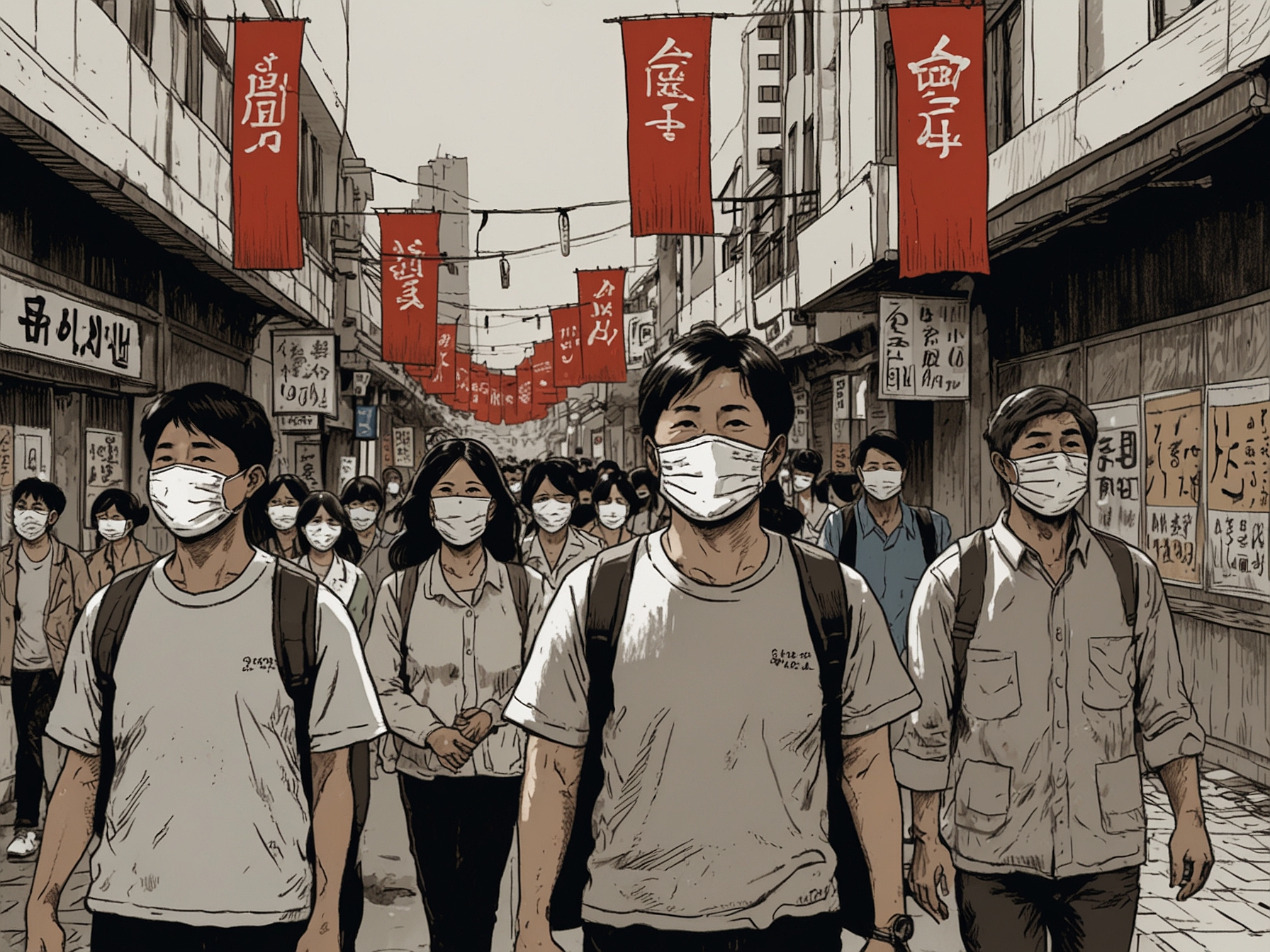
As the streets around the parliament buzzed with tension, people protested Yoon’s unprecedented move. Emotions ran high. People I spoke with expressed disbelief. One Seoul resident, Nari, said, “I thought we were past this. Why today?” Her voice cracked with concern, revealing a deeply felt anxiety about South Korea’s future.
What makes Yoon’s martial law declaration particularly alarming is the lack of clarity surrounding it. Allegations of anti-state forces were tossed into the air. However, Yoon failed to back this up with evidence of an imminent threat from North Korea, leaving many scratching their heads. Suddenly, martial law didn’t feel like a reaction to a tangible threat; it seemed like an anxious ruler’s clumsy attempt to stave off a political crisis.
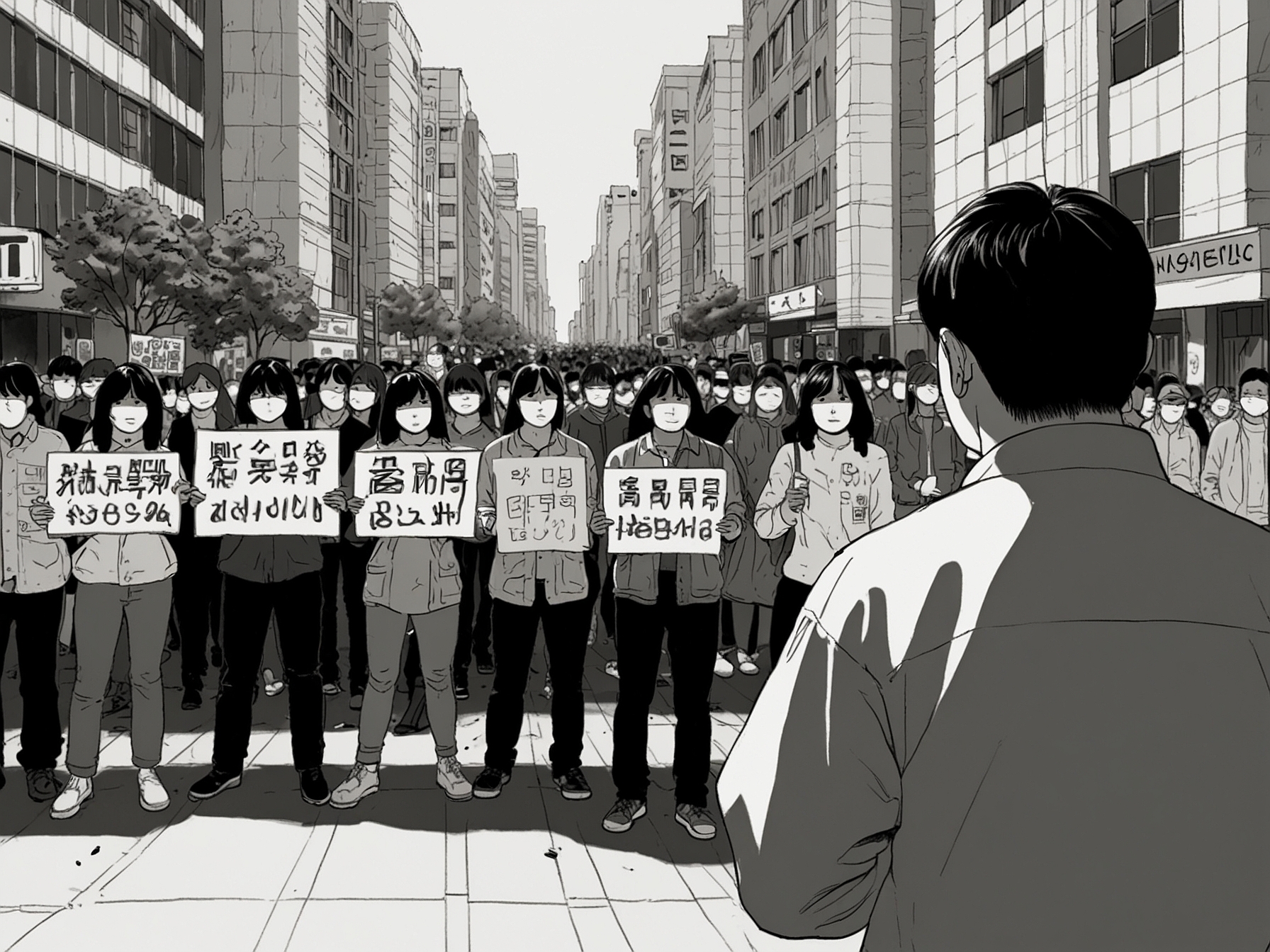
Let’s delve into what martial law truly means for South Korea. Traditionally, martial law allows military leaders to take control in moments of perceived crisis. It casts aside civilian authority and scrambles a country’s legal structure. With Yoon’s order, military powers surged. However, the chaos it ignited may have just sealed his fate as president. Citizens were startled to see those powers activated so swiftly.
What’s next for Yoon? His political isolation is palpable, and murmurs of impeachment are growing louder. The Democratic Party swiftly capitalized on the turmoil, calling for a vote on Yoon’s impeachment. Should he step down, or should he fight back? Should a professional politician cling to power, or acknowledge the will of the people? Only time will tell, but the stakes couldn’t be higher.
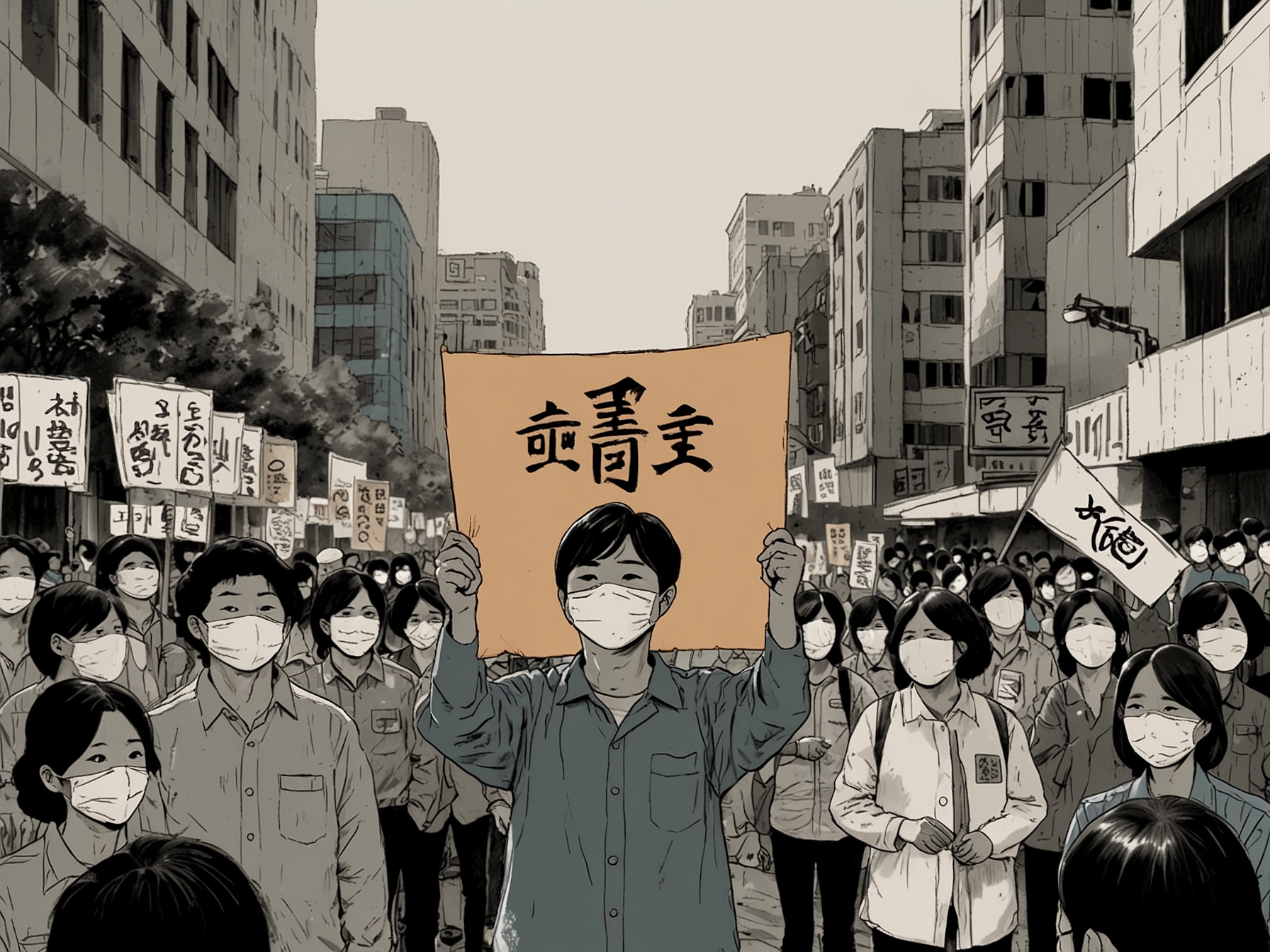
As protests swell and public opinion shifts sharply against him, one must wonder: is Yoon’s government in its death throes? The ensemble of opposition parties stands ready, armed with legislation to dethrone him. Park Chan-dae, a senior Democratic Party lawmaker, declared, “He could no longer run the country normally. He should step down.” His words hang heavy like storm clouds.
But what does all this mean for the future? Many citizens would agree that the political instability puts South Korea’s vibrant democracy at risk. For decades, the country has prided itself on its commitment to democratic principles. A slip into martial law could embolden forces within North Korea and China to act on their ambitions. Is this a path that South Korea can afford to tread?
Let’s not overlook the economic implications either. Millions of South Koreans woke up to a troubling sight: stock markets were tumbling. The finance ministry stepped in, promising to stabilize the economy. Yet, fears of political unrest loomed large, leading many to stockpile essentials. Shouldn’t the ordinary citizen feel secure in their own country? Must they brace for political upheaval like it’s a common occurrence?
In Washington, the mood is no less tense. U.S. officials weighed in on Yoon’s chaotic decision. The White House expressed relief at the revocation but remained watchful. Can we ignore the fact that South Korea has been a fierce ally of the U.S.? What happens if democracy falters here, right on the edge of the highly unstable North Korea? Will tensions rise? We’re all asking ourselves: could this be the beginning of the end for the democratic stronghold in Asia?
As we reflect on the unfolding events, consider this: every decision, every protest, every heartbeat in Seoul counts. The aftermath of Yoon’s ill-fated martial law will echo through history. It challenges us to think critically about democracy, governance, and the delicate balance between freedom and control. Will we look back on this moment as a turning point in South Korea’s long story of resilience?
It’s easy to get caught up in the politics, yet the individual stories matter too. There’s a palpable sense of heartbreak among many who champion democracy. The road ahead remains uncertain and fraught with peril. What role will everyday citizens play in shaping their government? The voices we hear today may very well shape the pulse of South Korea tomorrow.

